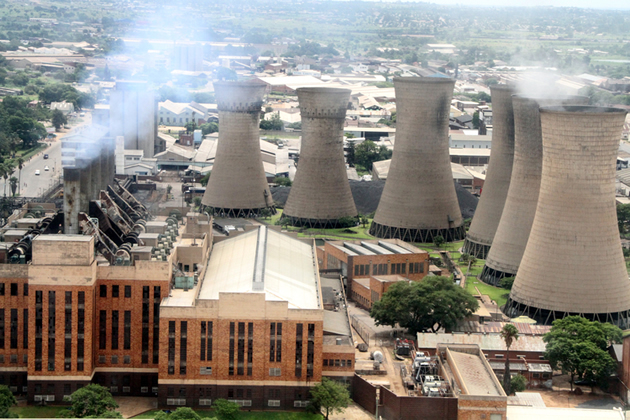This paper, focusing on Bulawayo, the country’s second largest city and regarded as the country’s cultural capital city, seeks to critically interrogate the working conditions of creative artists and other content producers against the background of an imploding cultural landscape. The paper seeks to establish ways in which cultural workers in Bulawayo negotiate the “precarious conditions” under which they work as they are exposed to the informalization of their labour, wage squeezes, temporariness, uncertainty, and pernicious risks in their work (Standing 2011; 2014; Waite, 2008; Munck, 2011). Artists in Bulawayo, Zimbabwe’s second largest city and the country’s former industrial hub, face a harsh operating environment such that some have even quit their craft. Some of the artists interviewed have concluded that their (bare) lives are more important than the preoccupation of producing art as this has had a toll on their families. However, there still exists a handful of artists who continue to struggle against all odds with the hope of building a sustainable arts industry in the country’s second largest city.
Articles by Khanyile Mlotshwa
I am completing my PhD (Media and Cultural Studies) at the University of KwaZulu-Natal (UKZN), Pietermaritzburg campus. In my research, I experiment with transdisciplinary approaches in urban, migration, border, media and cultural studies to interrogate the discursive constructions of black African subjectivity in postapartheid South Africa. I have published work in peer-reviewed journals that include Agenda, Cross-Cultural Human Rights Review, and the Westminster Papers in Communication and Culture. Some of my work is forthcoming as chapters in edited book collections by international publishers that include Palgrave Macmillan, Routledge, and Lexington Books. I have presented parts of my research at conferences in South Africa, Mozambique, Senegal, Ghana, Germany and Netherlands in the past two years.
